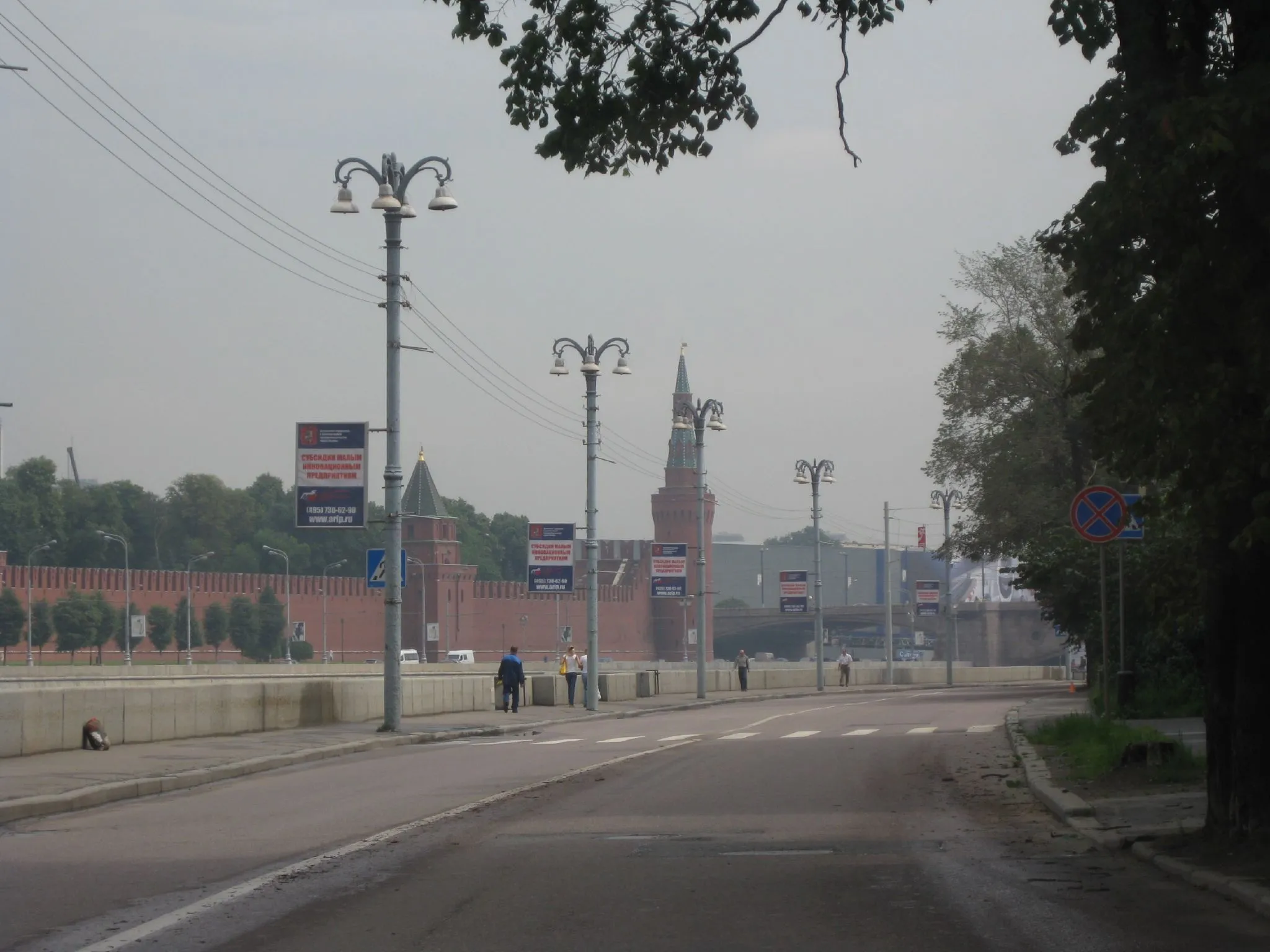Meanwhile uncertainty surrounds the start date for improvement works for a key stretch of road. The project to widen and upgrade Route 32 is being carried out by Chinese contractor China Harbour Engineering Company (CHEC). The timeline originally called for the construction work to commence in September 2017 but this may be put back to mid-2018. The contractor says that the land expropriation process has still to be completed while various licences have also to be procured, plans for moving utilities have to be completed and some stretches of the route may require archeological investigations. CHEC plans to deliver the project's final design to the national road authority, Consejo Nacional de Vialidad (
Problems also surround plans to build a 30km stretch of road linking Sifon, in San Ramon, with La Abundancia, in San Carlos. Costa Rica’s Treasury Inspector's Office (CGR) has not given approval for a $24.6 million increase in the value of a contract with Sanchez Carvajal. In addition CGR has also turned down a request for an extension to the time required for the work. CGR says that there are no assurances that the increased budget and time for the work will ensure its completion. Meanwhile Conavi has previously voiced its concern over the work, requesting a change to the contract and assurances that sufficient financing would be in place. The work was previously expected to cost $164 million but CGR now believes that the work will cost $213 million. The project has had a troubled past as work was originally started by a Taiwanese contractor in the third quarter of 2005. But the works hit problems and activity ceased in mid-2008, with Sanchez Carvajal then taking over the contract at a later date. The stretch from Sifon to La Abundancia forms the central section of a road new connection with San Carlos but the work has been afflicted by a series of delays arising from technical, financial and environmental challenges.
Costa Rica road projects moving forward - slowly
Costa Rica is moving ahead with a series of major road projects, but progress is proving slower than anticipated or desired. The Costa Rica Government is struggling to achieve satisfactory progress with its overall road improvement programme. So far the key focus has been on maintaining existing links rather than building and improving road connections. The country’s National Laboratory for Structural Material and Models (Lanamme) has produced a report revealing that 85% of the national roads are in accepta
July 18, 2017
Read time: 3 mins
Costa Rica is moving ahead with a series of major road projects, but progress is proving slower than anticipated or desired. The Costa Rica Government is struggling to achieve satisfactory progress with its overall road improvement programme. So far the key focus has been on maintaining existing links rather than building and improving road connections. The country’s National Laboratory for Structural Material and Models (Lanamme) has produced a report revealing that 85% of the national roads are in acceptable condition. However the report also reveals that the Costa Rica Government is focussing on repairing roads instead of upgrading them significantly. Although Costa Rica has managed to increase the percentage of roads in good condition from 38% in 2015 to 48% at present, the country has many roads in need of major repairs according to the report. And some roads have merely been patched rather than having the major upgrades required according to the report.









